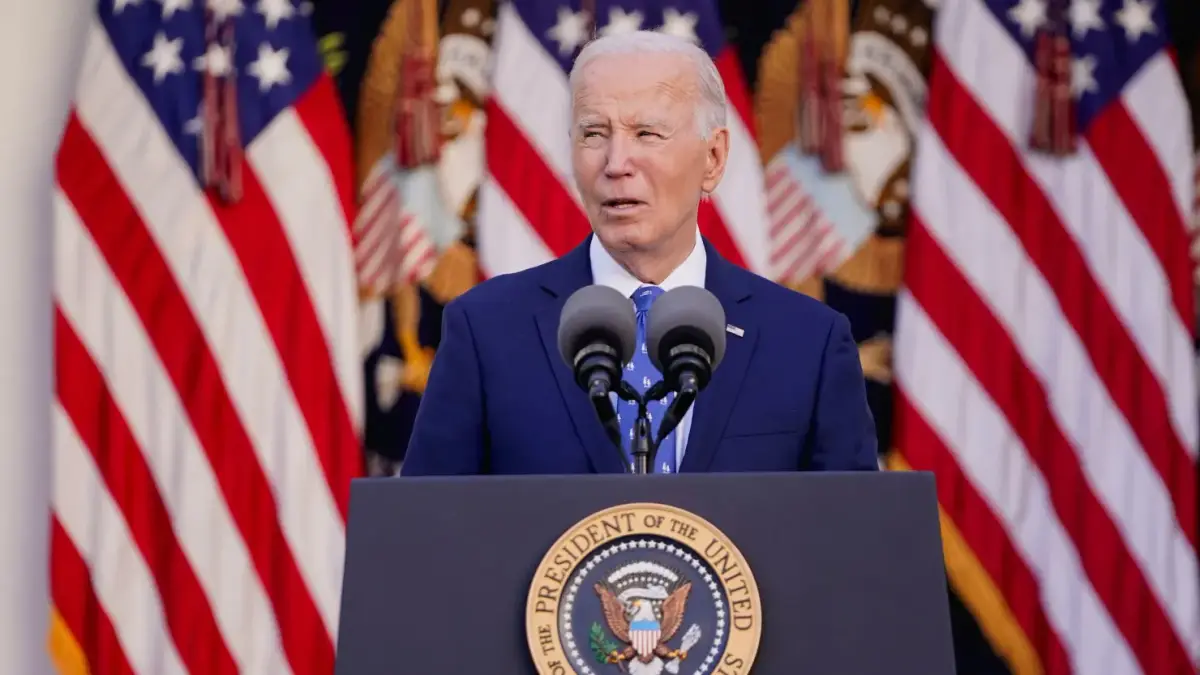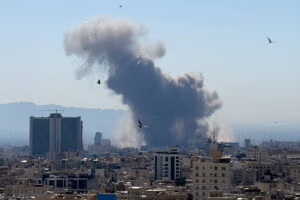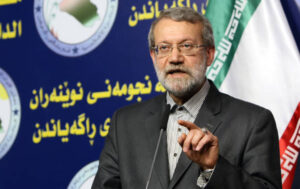President Joe Biden expressed cautious optimism on Sunday following the fall of Syrian President Bashar al-Assad’s regime. Speaking from the White House, Biden hailed the moment as a historic opportunity for Syria to rebuild but warned of risks and uncertainty in the transition.
“It’s a moment of historic opportunity for the long-suffering people of Syria to build a better future for their proud country,” Biden said. “But it’s also a moment of risk. As we turn to the question of what comes next, the United States will work with our partners and the stakeholders in Syria to help them seize an opportunity to manage the risk.”
The U.S. plans to support Syria’s neighbors—including Jordan, Iraq, Lebanon, and Israel—during this volatile period, Biden announced. Senior U.S. officials will be dispatched to the region to assess needs and assist with the transition.
Combatting Security Threats in the Vacuum Left Behind
Biden also pledged continued U.S. military engagement in Syria to counter ISIS, which he said might exploit the instability. The U.S. conducted 12 precision airstrikes on Sunday targeting ISIS camps and operatives.
“We will not let ISIS use this vacuum to reestablish its capabilities or create a safe haven,” he stated.
However, Biden acknowledged that some rebel factions, now in control, have histories of human rights abuses and terrorism. “They’re saying the right things now,” he noted, “but as they take on greater responsibility, we will assess not just their words but their actions.”
Support for Humanitarian Relief and Governance
The U.S. pledged to aid in establishing an independent, sovereign Syrian government, including providing humanitarian assistance to address the aftermath of 13 years of civil war.
Biden reiterated his administration’s commitment to securing the release of Austin Tice, an American journalist abducted in Damascus in 2012. “We believe he is alive,” Biden said, pledging renewed efforts to bring Tice home.
Assad’s Exit Marks a New Chapter
The U.S. response comes after rebel forces seized Damascus, leading to Assad’s resignation and flight. Russia confirmed Assad’s departure but did not disclose his location, although reports suggest he is in Moscow.
Biden emphasized accountability for Assad, whose leadership spanned over two decades. “He should be held accountable,” the president said.
Assad, backed by Russia, Iran, and Hezbollah, saw his allies weakened during the final years of his regime. Biden remarked that these alliances are “far weaker” now than when his presidency began, signaling a shifting balance of power in the region.
As Syria embarks on a path of transformation, the U.S. aims to play a stabilizing role by countering threats, supporting humanitarian needs, and fostering governance reforms. However, the challenges of rebuilding a fractured nation and navigating geopolitical tensions loom large.





